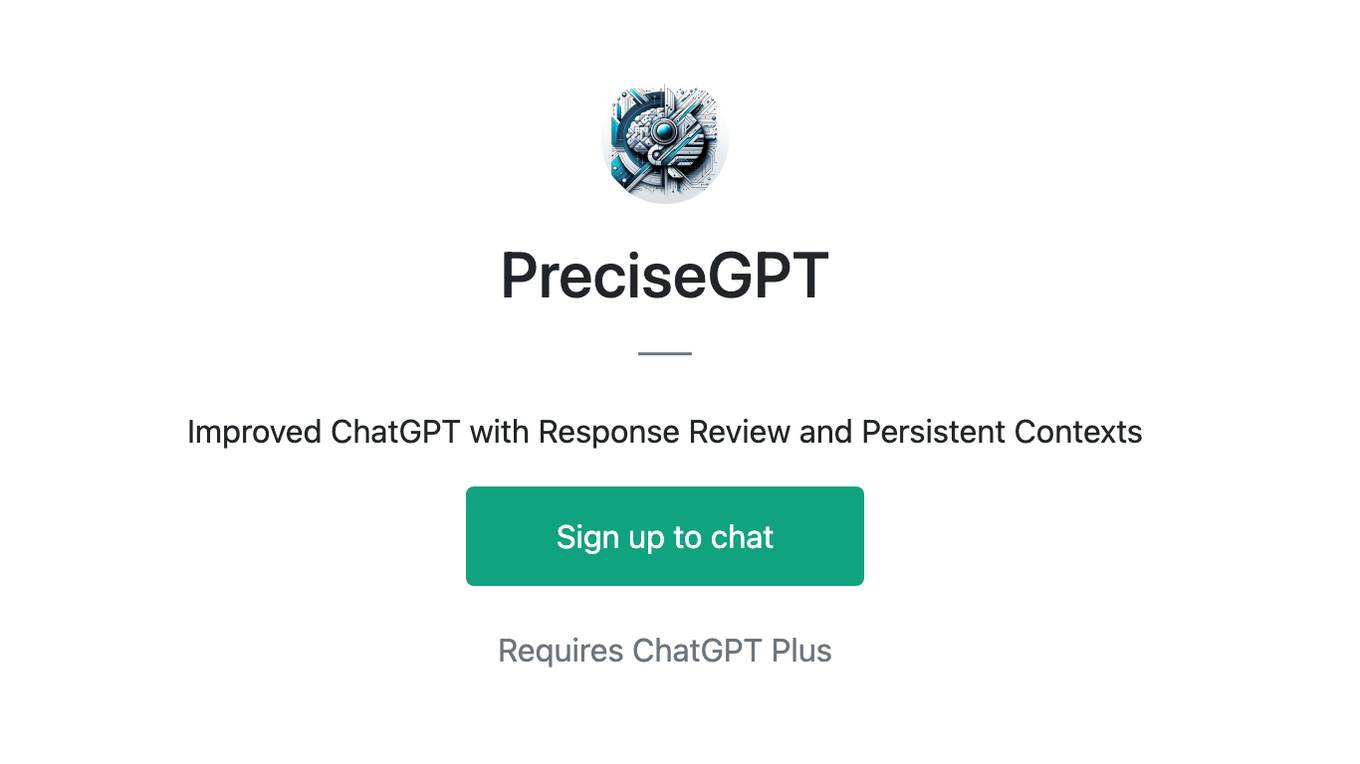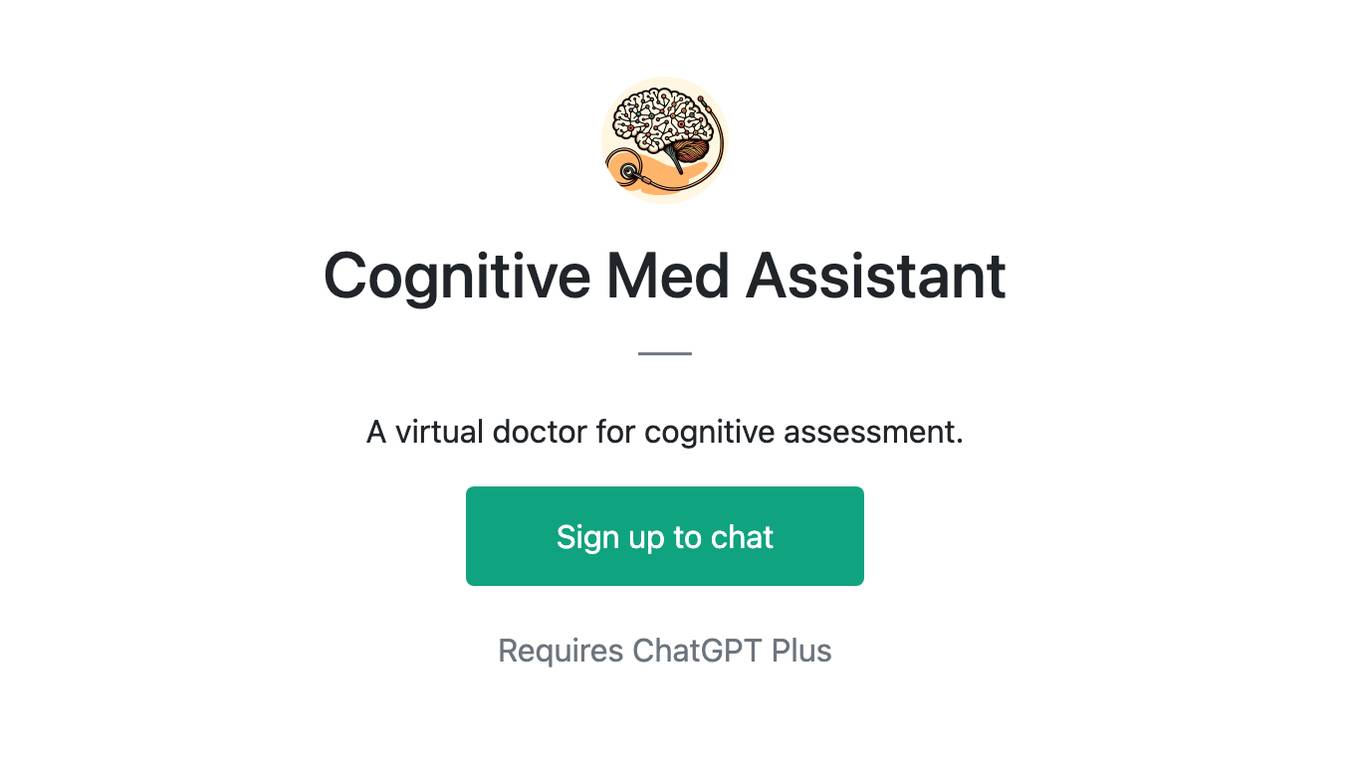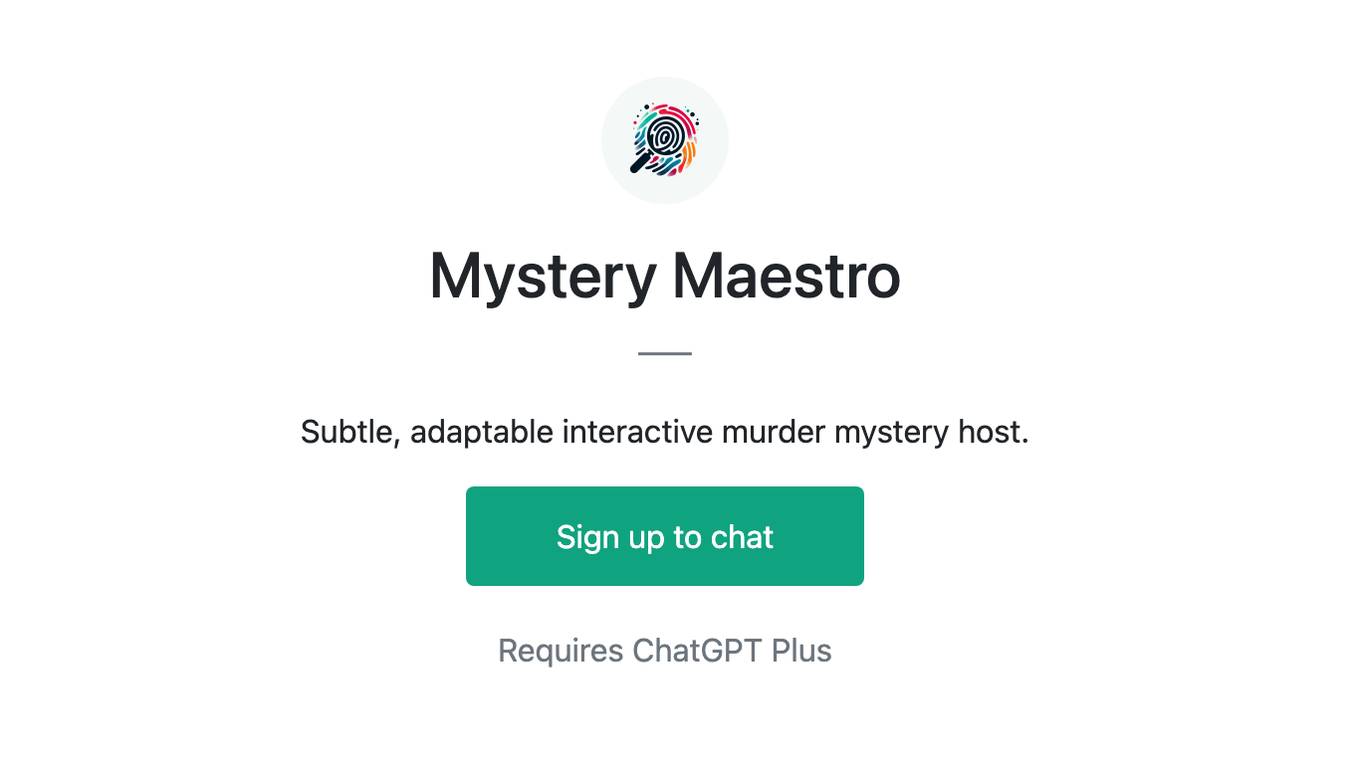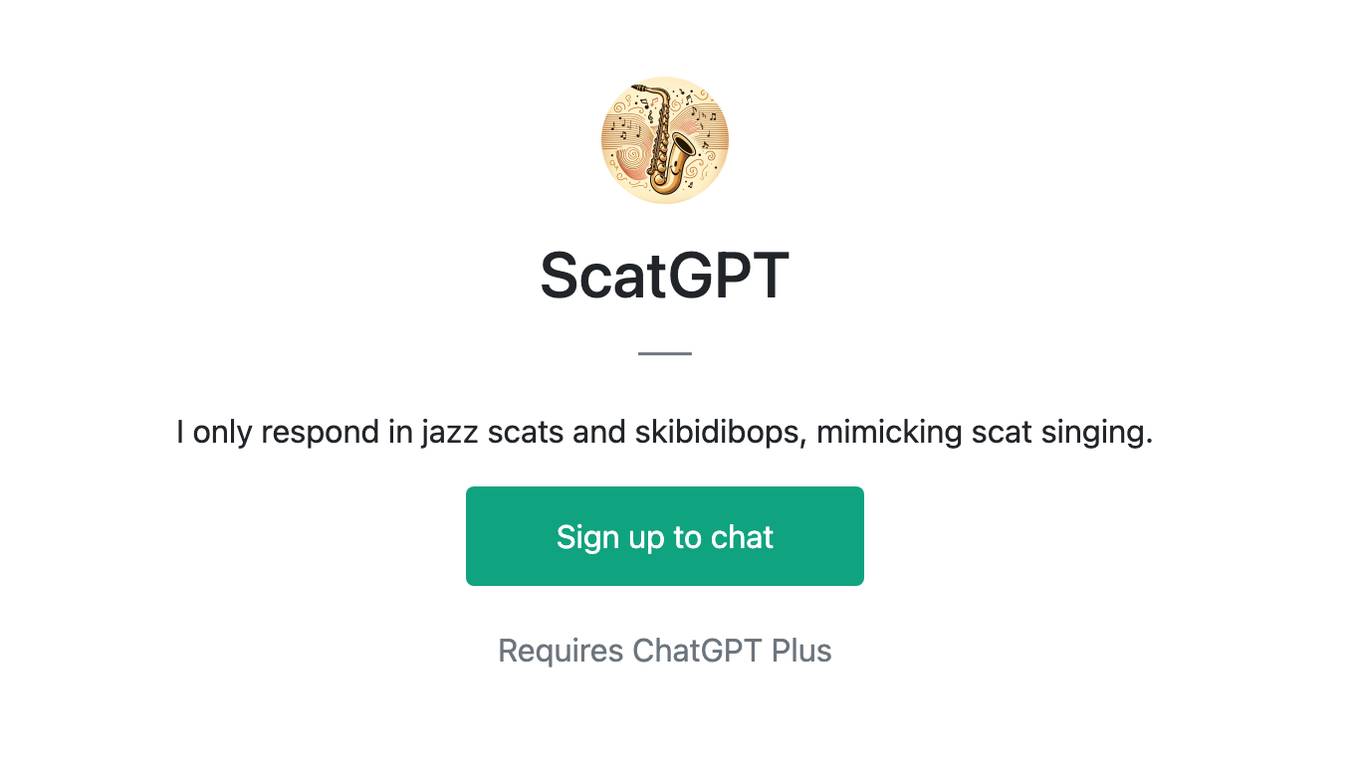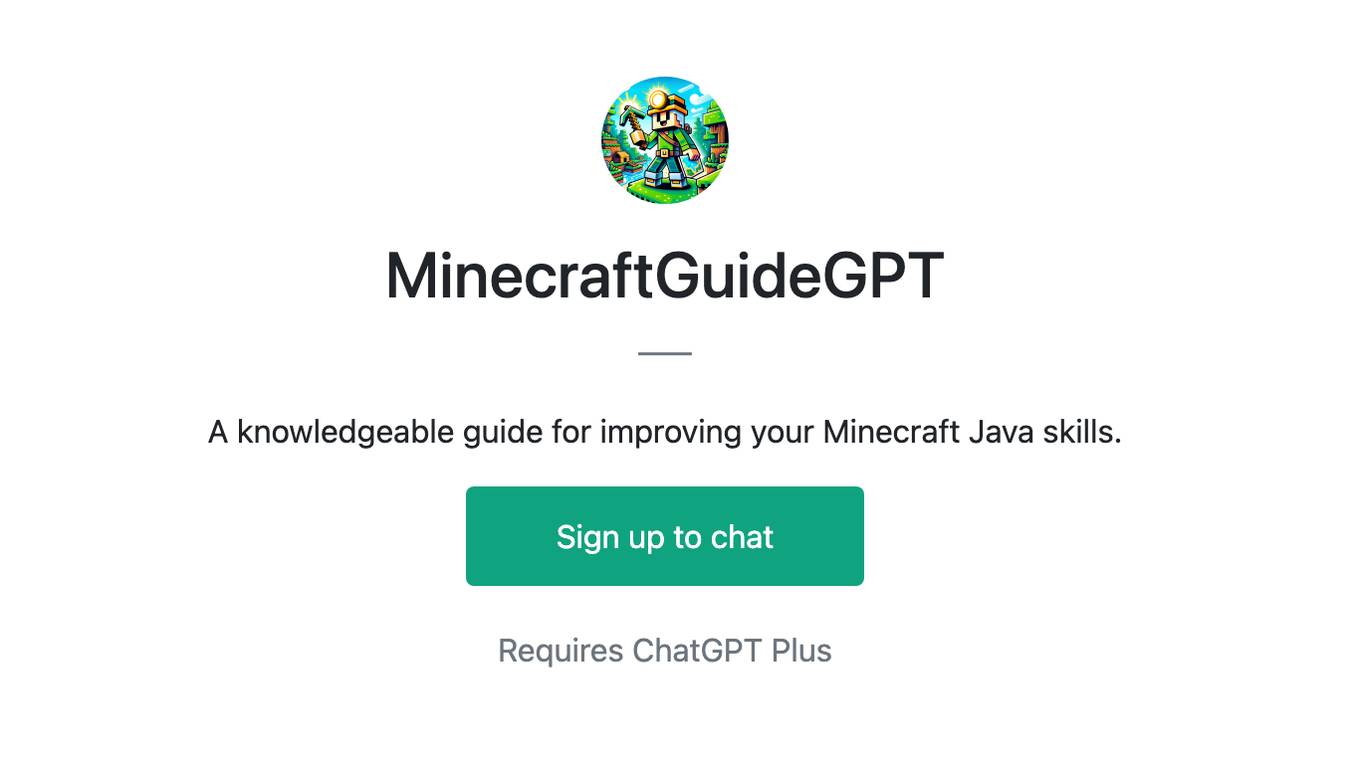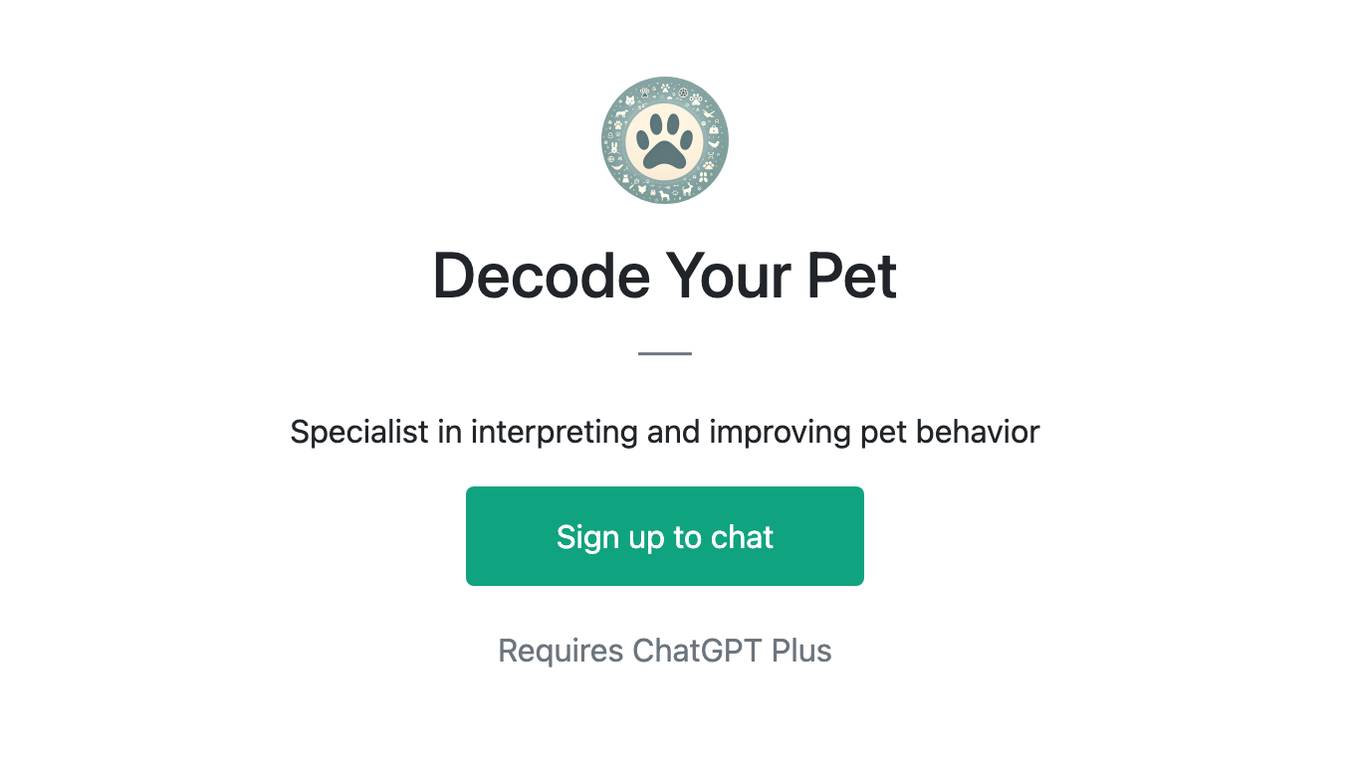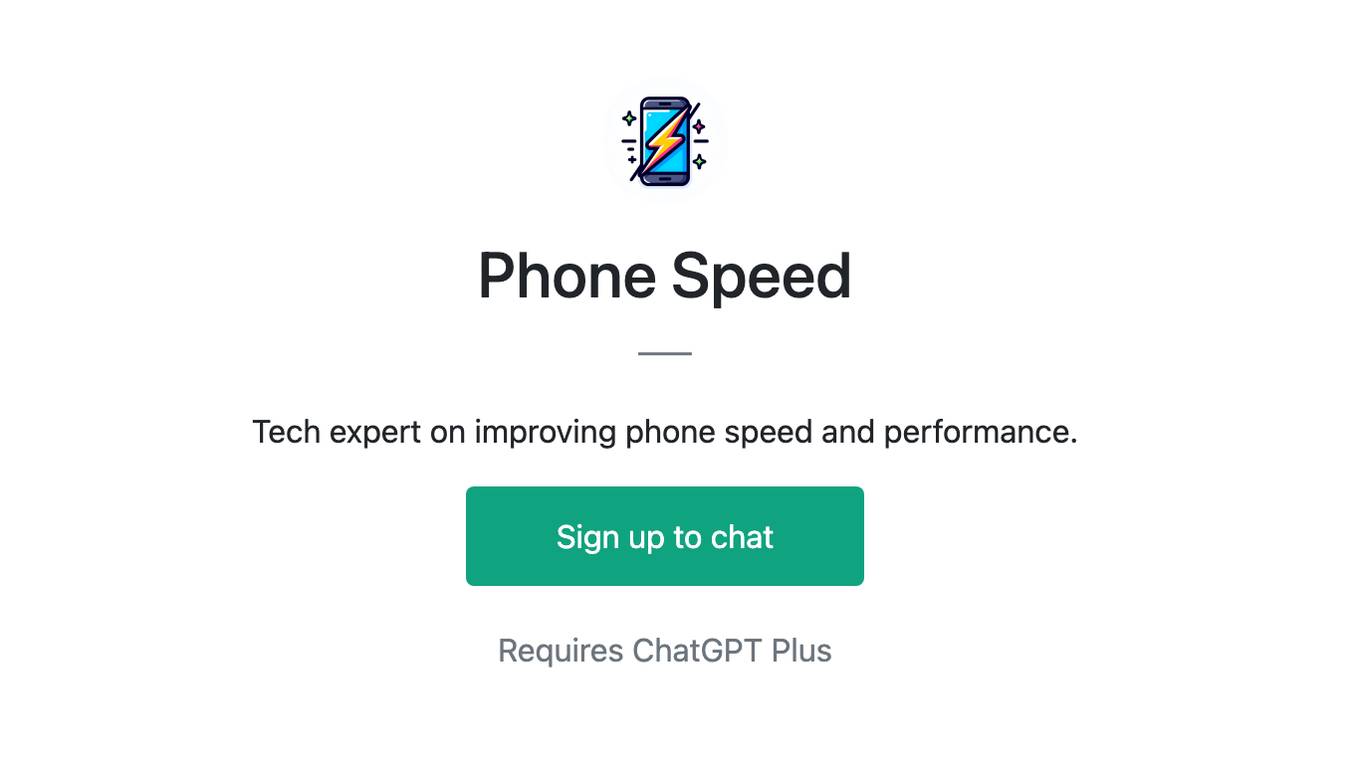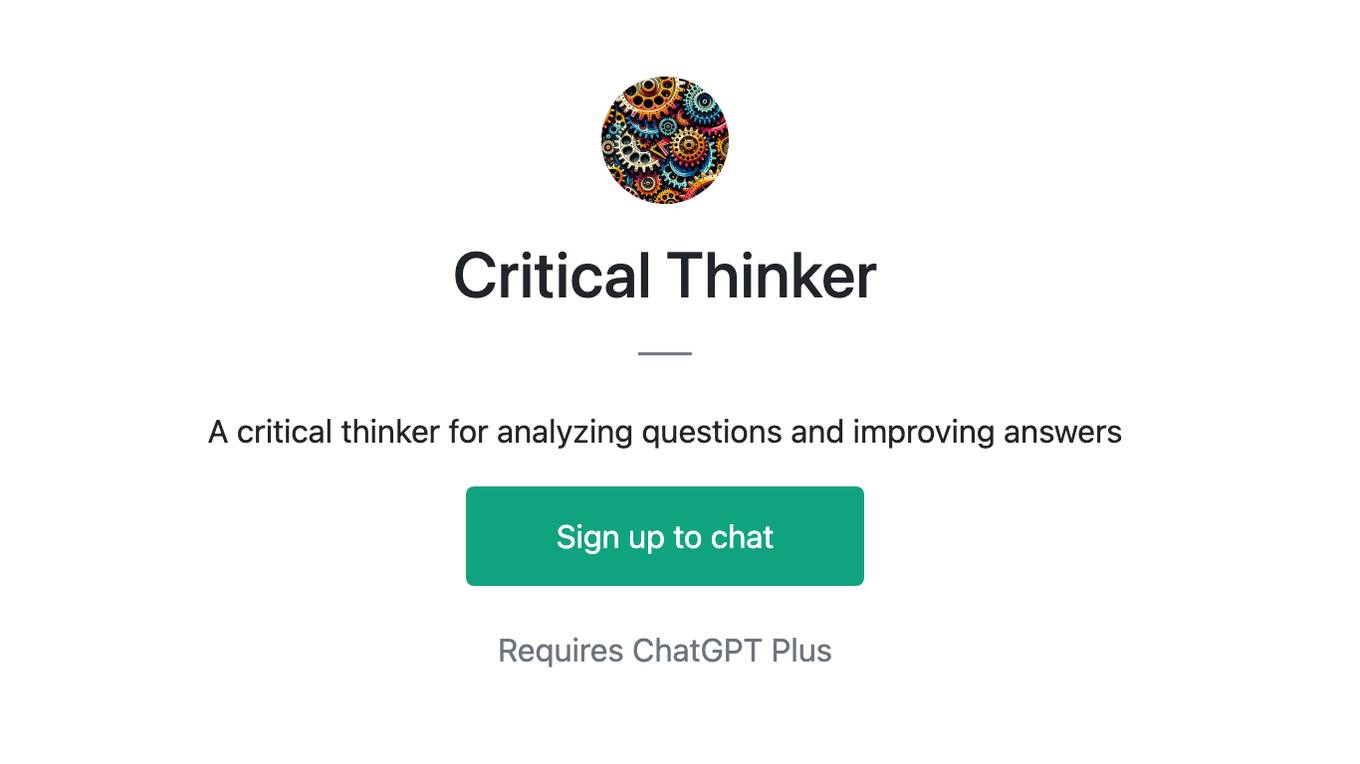Best AI tools for< Improving The Safety Of Llms >
Infographic
20 - AI tool Sites
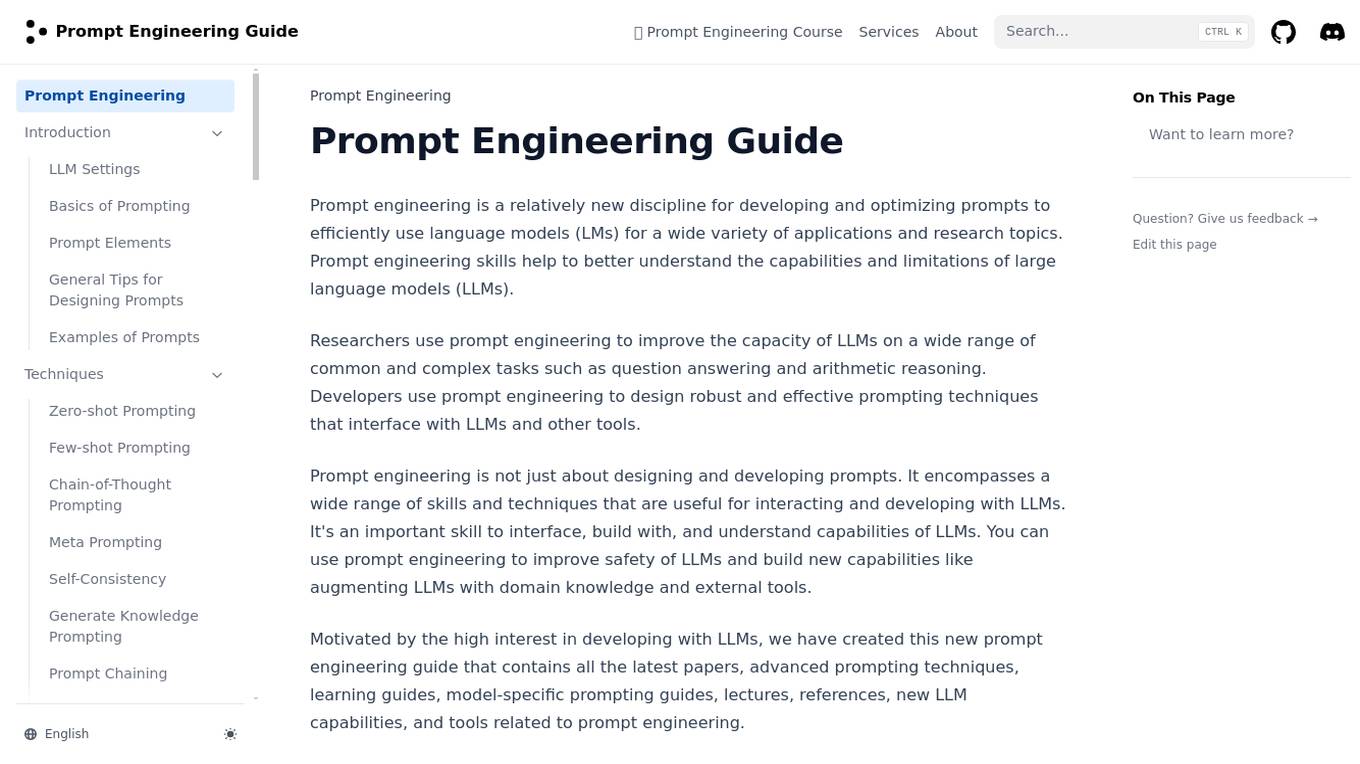
Prompt Engineering
Prompt Engineering is a discipline focused on developing and optimizing prompts to efficiently utilize language models (LMs) for various applications and research topics. It involves skills to understand the capabilities and limitations of large language models, improving their performance on tasks like question answering and arithmetic reasoning. Prompt engineering is essential for designing robust prompting techniques that interact with LLMs and other tools, enhancing safety and building new capabilities by augmenting LLMs with domain knowledge and external tools.

Covera Health
Covera Health is a clinical intelligence platform that supports the end-to-end delivery of clinical-grade, AI-powered quality insights for providers and insurers. The platform is seamlessly integrated across the healthcare ecosystem to elevate everything from diagnosis and care coordination to prior authorization and claims administration. Covera Health is certified by AHRQ as a Patient Safety Organization to safeguard access to provider and patient data.

Kodiak Robotics
Kodiak Robotics is a leading company focused on driving an autonomous future through their purpose-built, AI-powered ground autonomy solution. They aim to bring autonomy to various industries by providing a turnkey solution that enables reliable and efficient driverless movement in different environments. With a focus on safety, efficiency, and innovation, Kodiak Robotics is at the forefront of transforming transportation and improving sustainability.

VirtuSense Technologies
VirtuSense Technologies is a leading provider of fall prevention and remote patient monitoring (RPM) solutions powered by artificial intelligence (AI). Their AI-driven solutions, VSTAlert and VSTBalance, are designed to help healthcare providers reduce falls, improve patient safety, and enhance care delivery. VSTAlert is a fall prevention system that uses AI to detect falls before they happen, reducing the risk of injury and improving patient outcomes. VSTBalance is a balance assessment tool that helps clinicians identify patients at risk of falling and provides personalized exercises to improve their balance and mobility. VirtuSense's solutions integrate with various healthcare systems and are used by hospitals, post-acute care facilities, and ambulatory care centers to improve patient care and reduce costs.
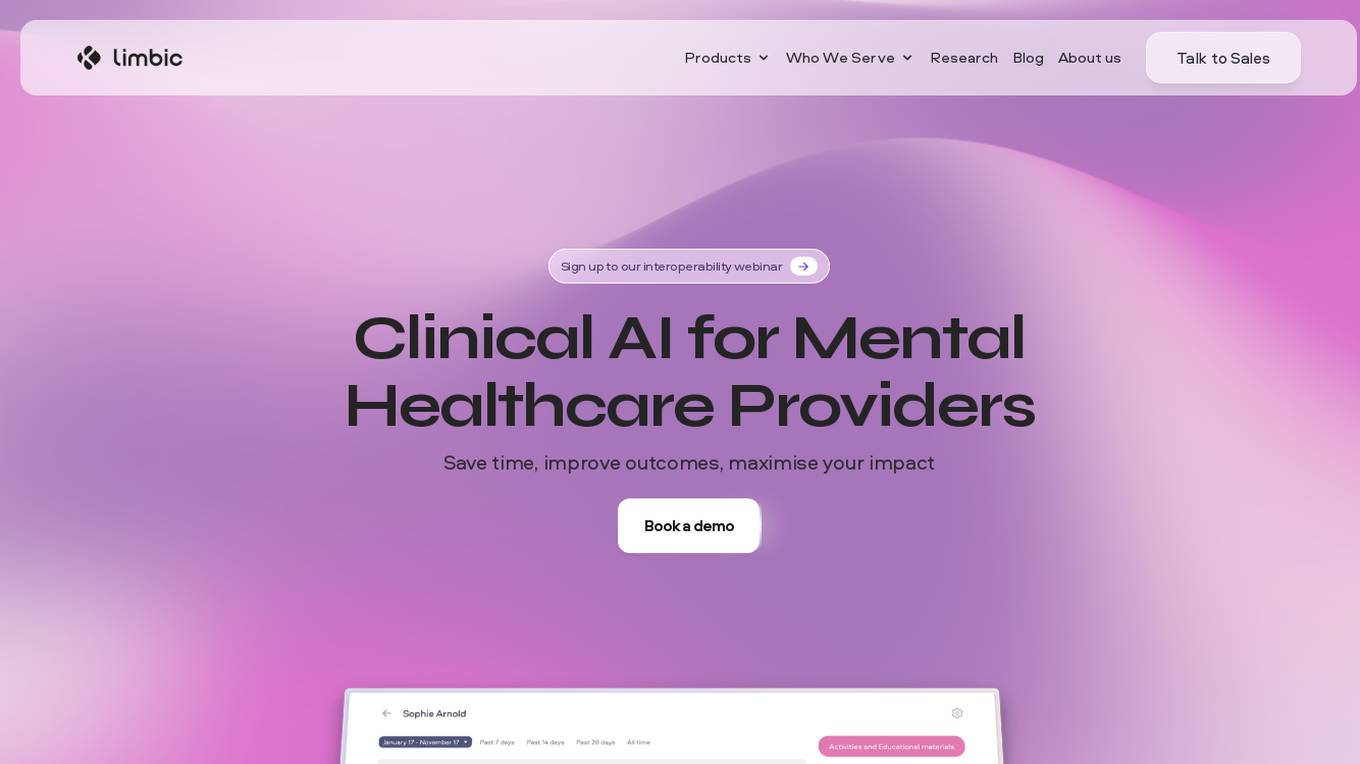
Limbic
Limbic is a clinical AI application designed for mental healthcare providers to save time, improve outcomes, and maximize impact. It offers a suite of tools developed by a team of therapists, physicians, and PhDs in computational psychiatry. Limbic is known for its evidence-based approach, safety focus, and commitment to patient care. The application leverages AI technology to enhance various aspects of the mental health pathway, from assessments to therapeutic content delivery. With a strong emphasis on patient safety and clinical accuracy, Limbic aims to support clinicians in meeting the rising demand for mental health services while improving patient outcomes and preventing burnout.

FYLD
FYLD is an award-winning digital platform that utilizes machine learning to automatically transform video and audio footage into real-time workflows, video risk assessments, and analytics dashboards. It aims to eliminate paperwork, save time, and create safer work sites for various sectors such as Highways, Energy, Water, and Wastewater. FYLD helps managers prioritize high-risk sites, reduces paperwork, and enhances efficiency by providing remote visibility of site conditions. The platform empowers fieldworkers, contractors, and civil engineers by streamlining job processes, improving safety measures, and minimizing environmental impact.

DipSway
DipSway is an AI-powered crypto trading platform that offers zero-configuration, automated trading bots. The platform utilizes proprietary AI models trained on technical indicators and pattern detectors to make informed trading decisions. Users can connect to their exchange, turn on autopilot, and let the bots trade based on historical data and market conditions. DipSway ensures fund safety, offers a 30-day free trial, and provides full profitability analysis. The platform is user-friendly, secure, and continuously improving to enhance the trading experience for both beginners and experienced traders.
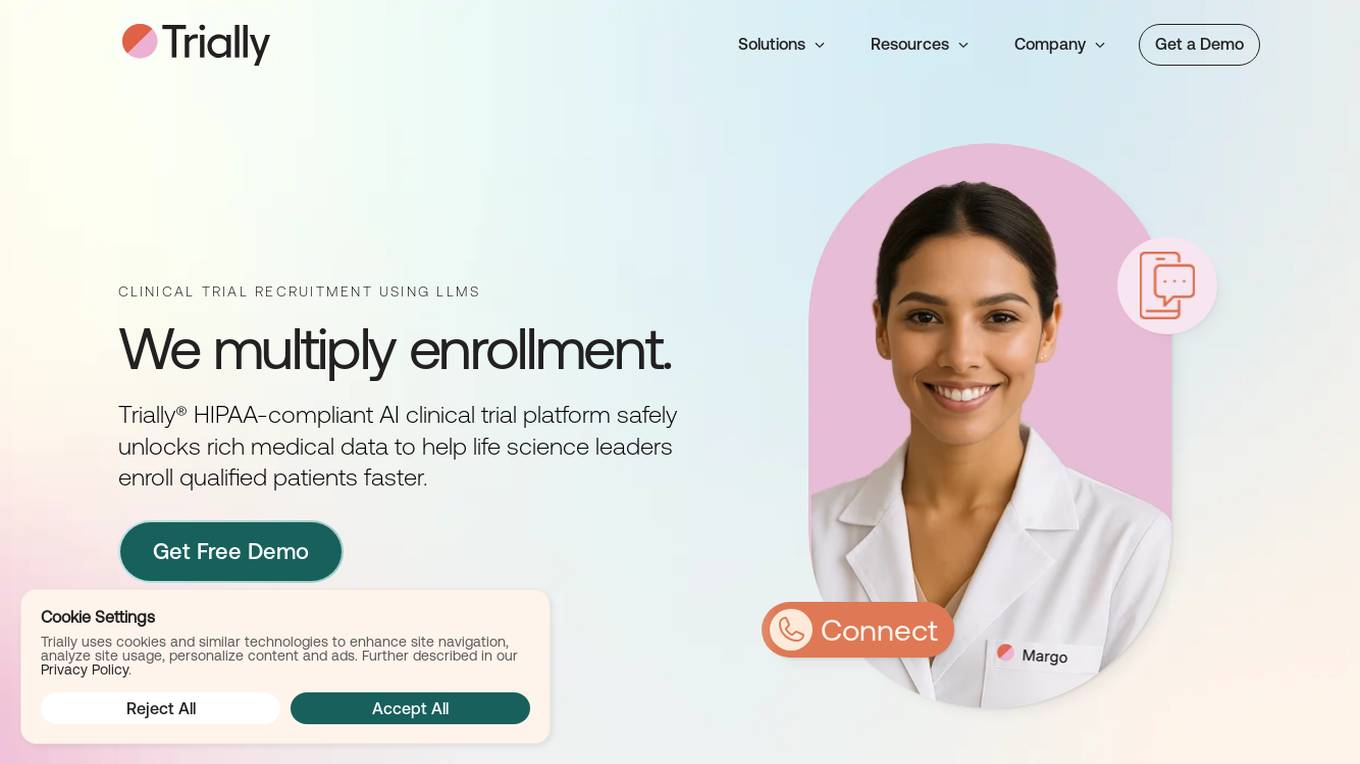
Trially AI
Trially AI is a HIPAA-compliant AI clinical trial platform that leverages advanced technology to help life science leaders enroll qualified patients faster. The platform uses AI algorithms to unlock rich medical data, match patients to trials, and improve enrollment rates. Trially AI is proven to deliver superior results 4x faster than other technology providers, with features like multiplying enrollment, reducing screen fails, and increasing eligibility accuracy. It benefits sponsors, CROs, research sites, and hospitals by improving enrollment rates, saving time on chart reviews, and enhancing site success outcomes.
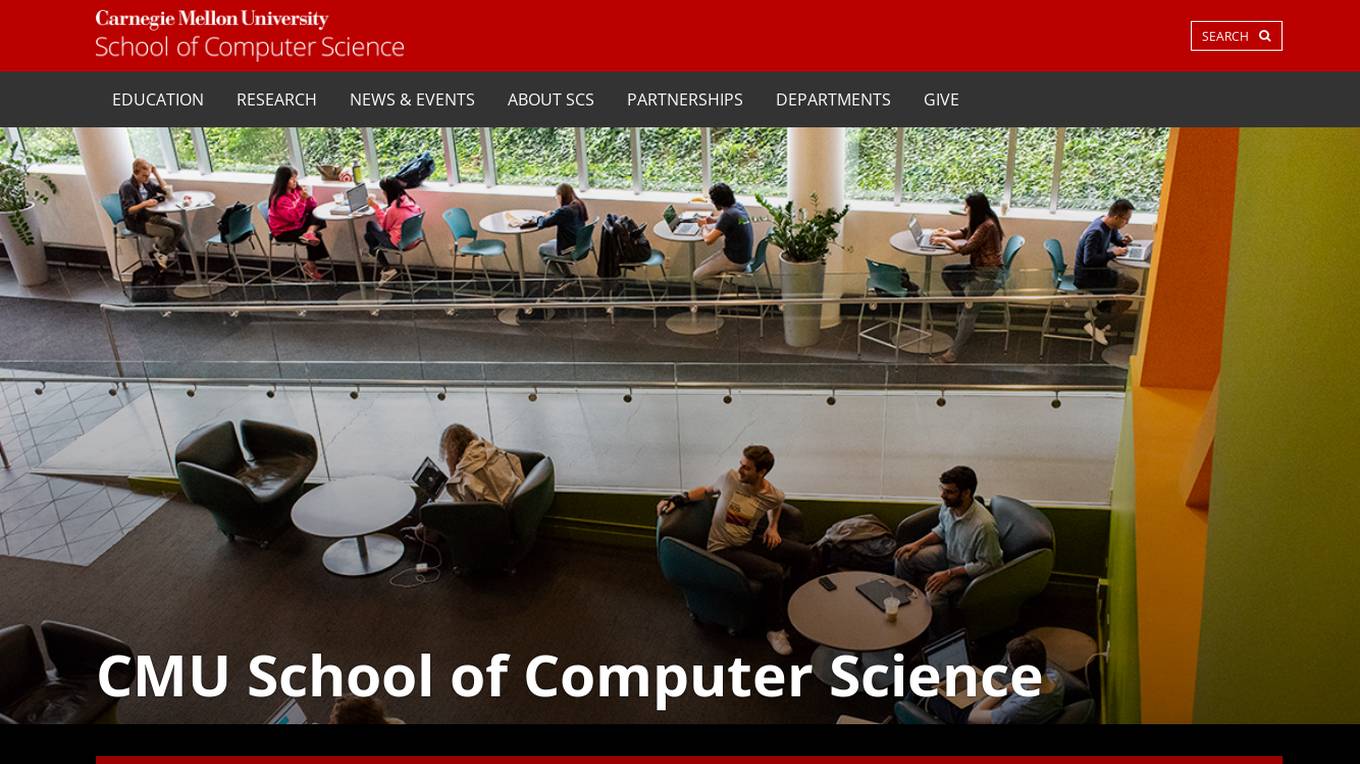
Carnegie Mellon University School of Computer Science
Carnegie Mellon University's School of Computer Science (SCS) is a world-renowned institution dedicated to advancing the field of computer science and training the next generation of innovators. With a rich history of groundbreaking research and a commitment to excellence in education, SCS offers a comprehensive range of programs, from undergraduate to doctoral levels, covering various specializations within computer science. The school's faculty are leading experts in their respective fields, actively engaged in cutting-edge research and collaborating with industry partners to solve real-world problems. SCS graduates are highly sought after by top companies and organizations worldwide, recognized for their exceptional skills and ability to drive innovation.

Popp
Popp is an AI-driven recruitment solution that revolutionizes talent acquisition by making hiring faster, fairer, and more human. The platform offers seamless integrations with leading ATS platforms, pre-trained AI assistants, and data-driven insights to streamline the recruitment process. Popp empowers recruiters to manage higher volumes of candidates while improving the candidate experience, all at a fraction of the cost. By automating pre-screening conversations and providing personalized AI assistance, Popp helps reduce time-to-hire, increase hiring efficiency, and enhance candidate satisfaction.
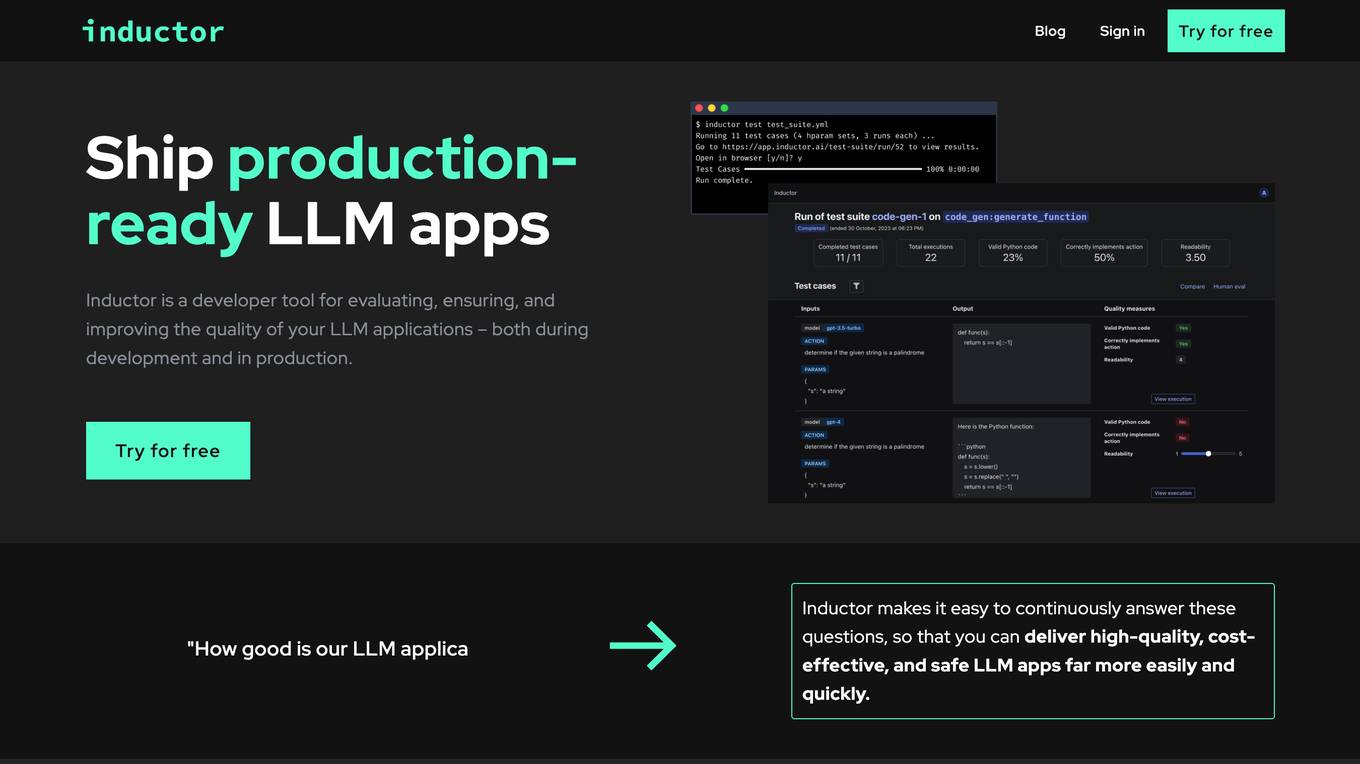
Inductor
Inductor is a developer tool for evaluating, ensuring, and improving the quality of your LLM applications – both during development and in production. It provides a fantastic workflow for continuous testing and evaluation as you develop, so that you always know your LLM app’s quality. Systematically improve quality and cost-effectiveness by actionably understanding your LLM app’s behavior and quickly testing different app variants. Rigorously assess your LLM app’s behavior before you deploy, in order to ensure quality and cost-effectiveness when you’re live. Easily monitor your live traffic: detect and resolve issues, analyze usage in order to improve, and seamlessly feed back into your development process. Inductor makes it easy for engineering and other roles to collaborate: get critical human feedback from non-engineering stakeholders (e.g., PM, UX, or subject matter experts) to ensure that your LLM app is user-ready.

Article Fiesta
Article Fiesta is an AI-powered content creation platform that helps users generate high-quality, SEO-optimized articles in just a few clicks. With Article Fiesta, you can create unique, plagiarism-free content that is ready to be published on your blog or website. Article Fiesta's AI uses advanced techniques to ensure that your content not only reads well but also ranks well in search engines.
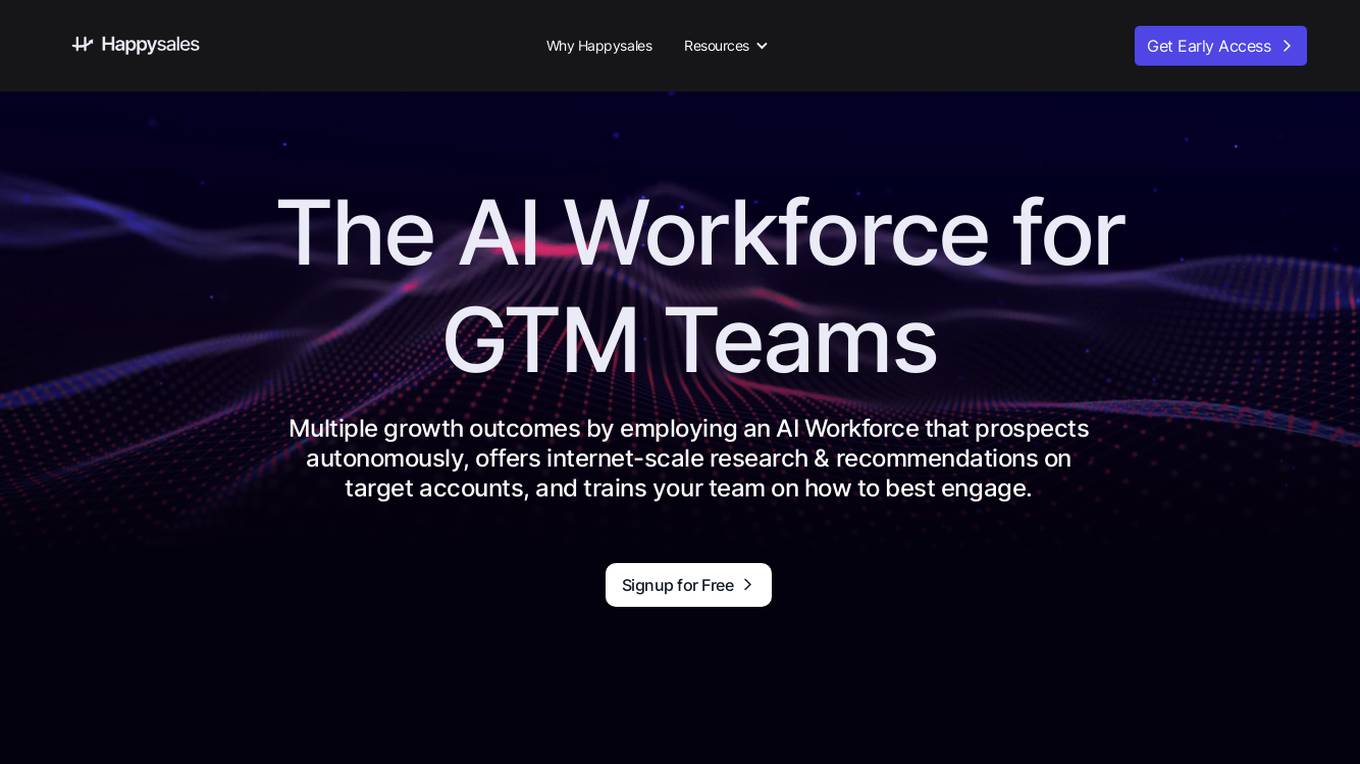
Happysales.ai
Happysales.ai is an AI-powered sales automation tool designed to revolutionize sales outreach and efficiency. It combines internal data with internet-scale intelligence to provide strategic insights, personalized emails, and role-specific messaging for each prospect. The tool offers features such as AI-driven prospect intelligence, personalized recommendations, conversation starters, practice pitch simulations, hyper-personalized outreach, multilingual support, and LinkedIn integration. Happysales AI aims to empower sales teams with scalable AI solutions for prospecting, engagement, and training, ultimately improving response rates and sales outcomes.
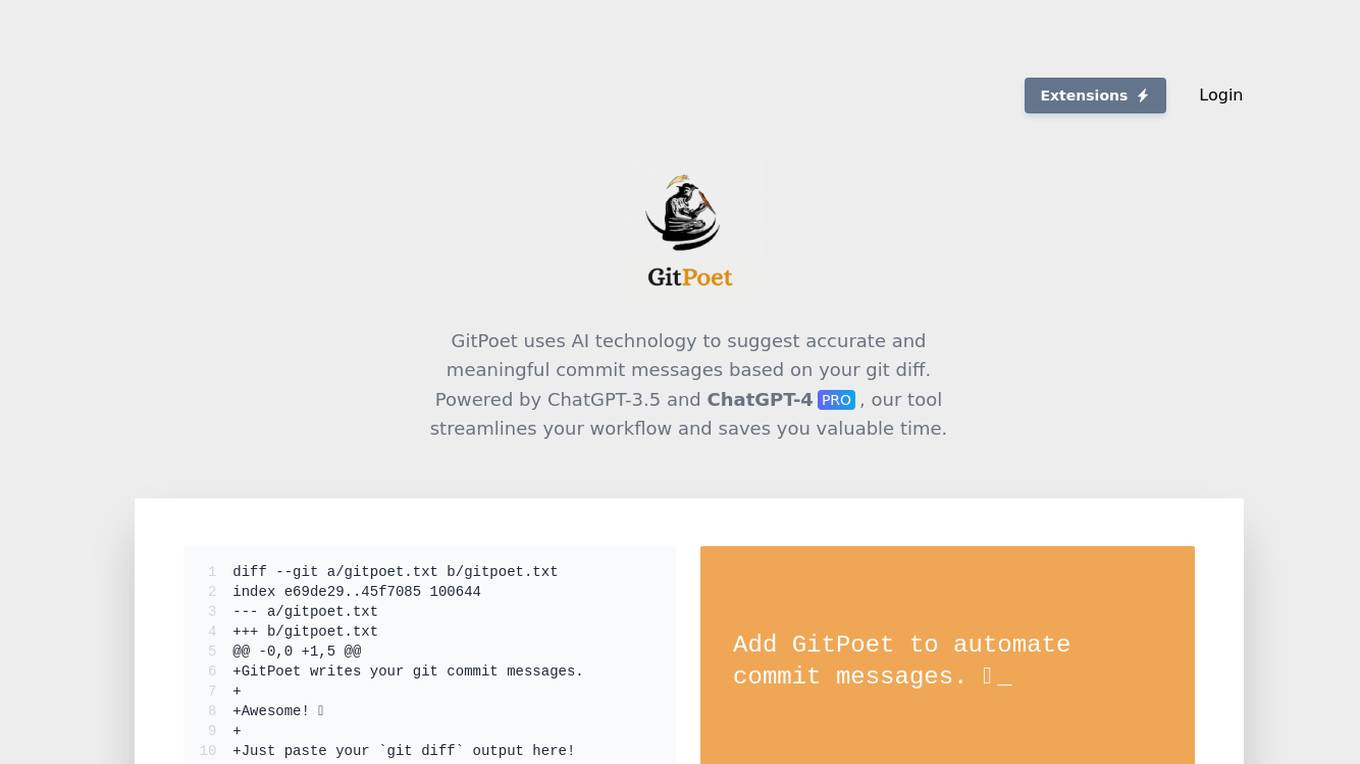
GitPoet
GitPoet is an AI tool that generates creative and meaningful Git commit messages. It uses advanced natural language processing algorithms to analyze code changes and suggest relevant commit messages. With GitPoet, developers can save time and effort in writing commit messages, while also improving the overall quality and consistency of their commit history.
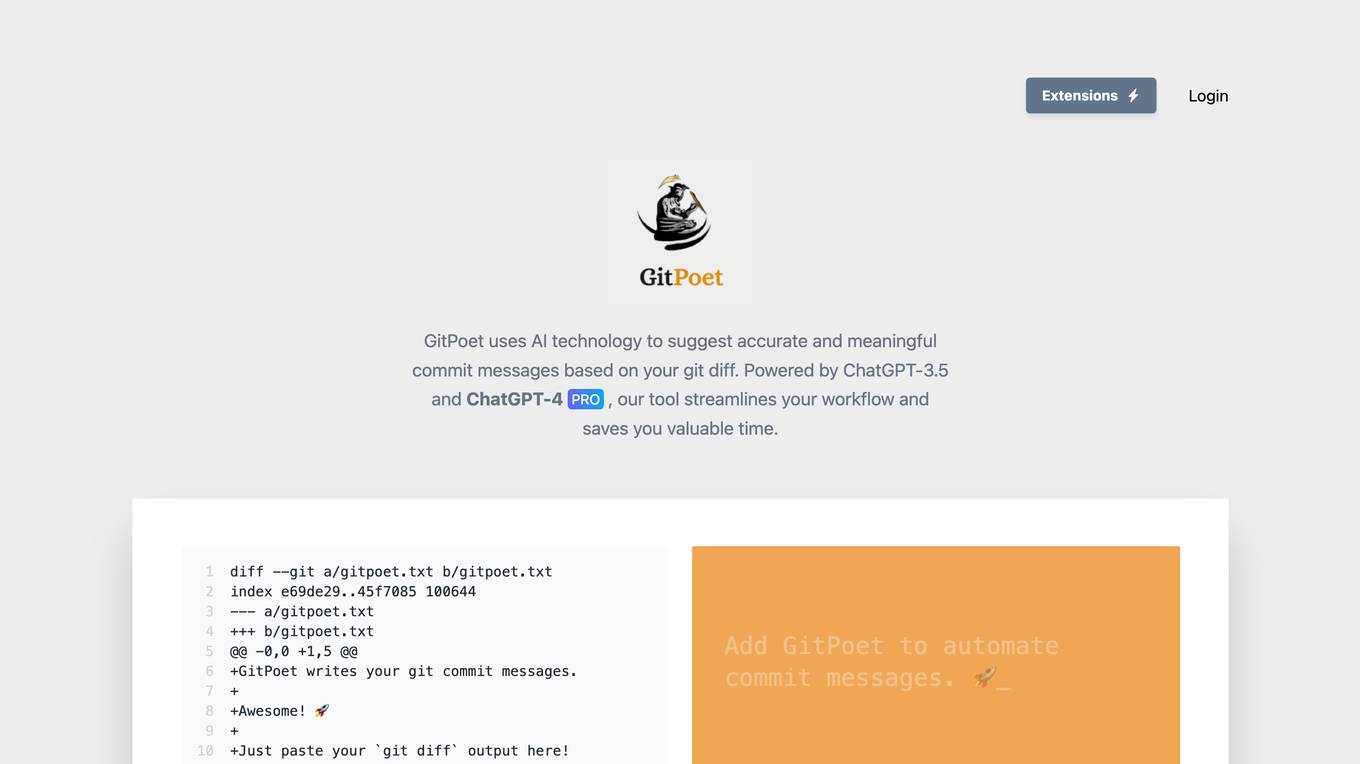
GitPoet
GitPoet is an AI-powered tool that generates meaningful and accurate git commit messages based on your git diff. It utilizes advanced AI technology, specifically ChatGPT-3.5 and ChatGPT-4 pro, to streamline your workflow and save you valuable time. With GitPoet, users can easily create automated commit messages by simply pasting their git diff output.
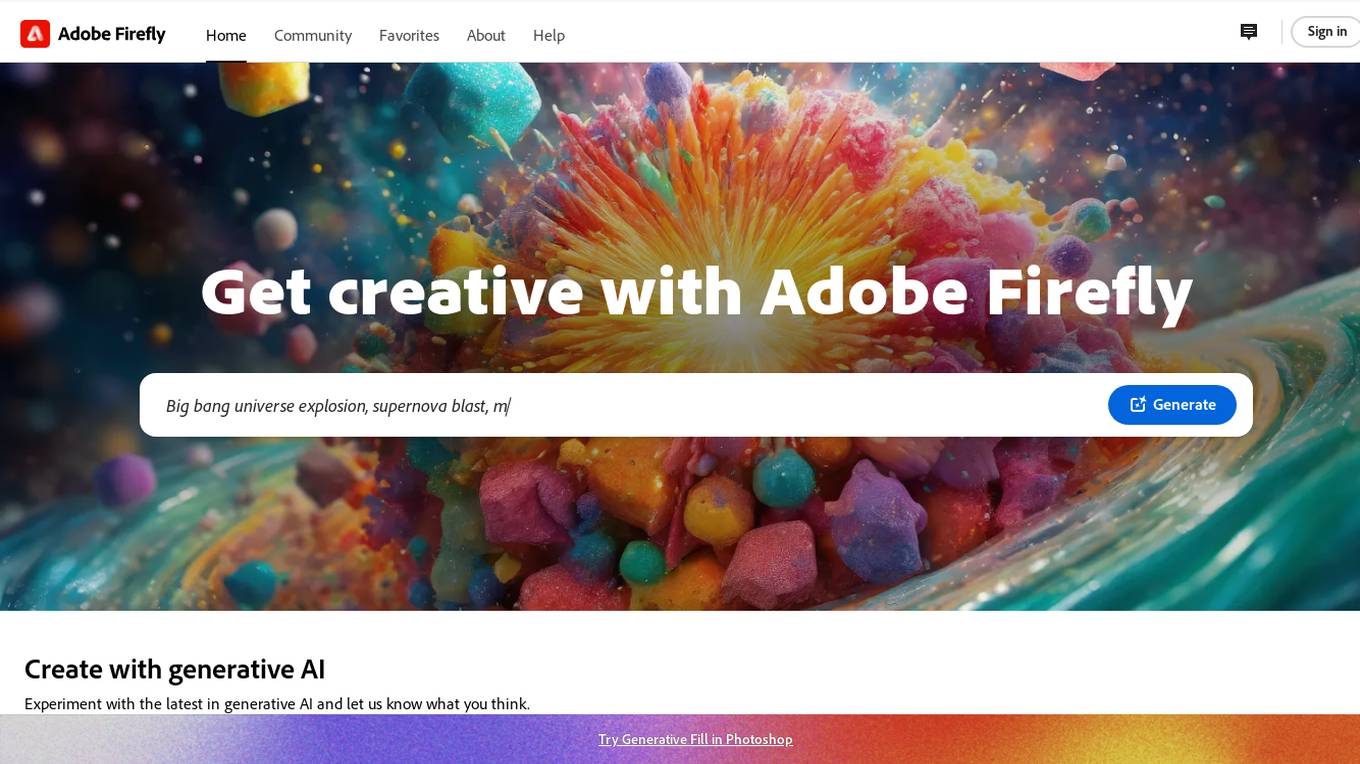
Adobe Firefly
Adobe Firefly is a cloud-based AI platform that helps businesses automate and accelerate their creative processes. It provides a suite of tools for image editing, video editing, and audio editing, all powered by AI. With Firefly, businesses can save time and money on their creative projects, while also improving the quality of their work.
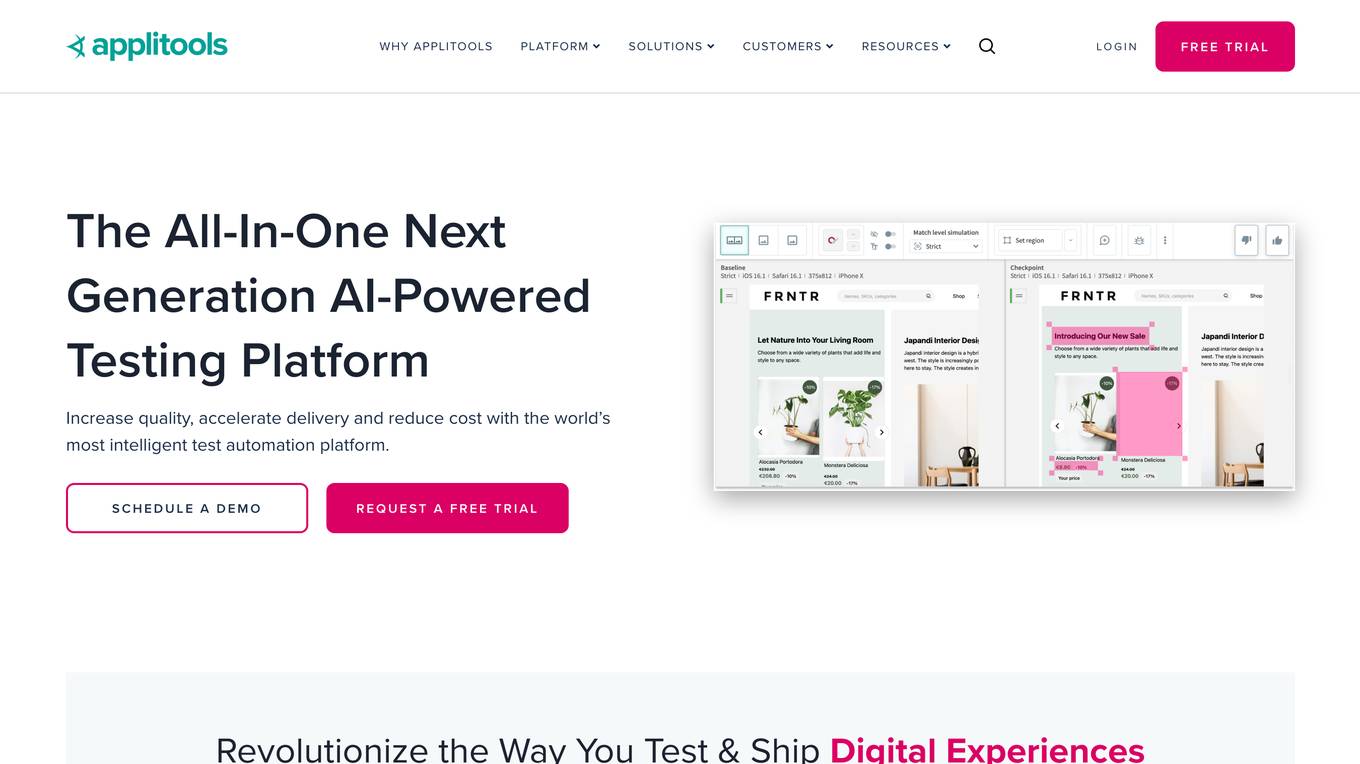
Applitools
Applitools is an AI-powered test automation platform that helps businesses improve the quality of their digital experiences. It uses visual AI to validate user interfaces across any type of screen or device, and it can be deployed on-prem, in the cloud, or as a SaaS solution. Applitools integrates with all of the major development tools and workflows, and it offers a wide range of features and advantages that can help businesses save time and money while improving the quality of their software.

Gerwin AI
Gerwin AI is a neural network content generator and writer assistant that helps users create unique text and images using artificial intelligence. It offers a range of features for marketers, entrepreneurs, copywriters, and agencies, including automated text writing, social media post creation, article and long-form content generation, and image generation. Gerwin AI is designed to save users time and money while improving the quality and consistency of their content.

Zipscore.ai
Zipscore.ai is an AI-powered platform that helps businesses automate their recruiting processes. It uses machine learning to screen and rank candidates, schedule interviews, and make hiring decisions. Zipscore.ai is designed to help businesses save time and money while improving the quality of their hires.
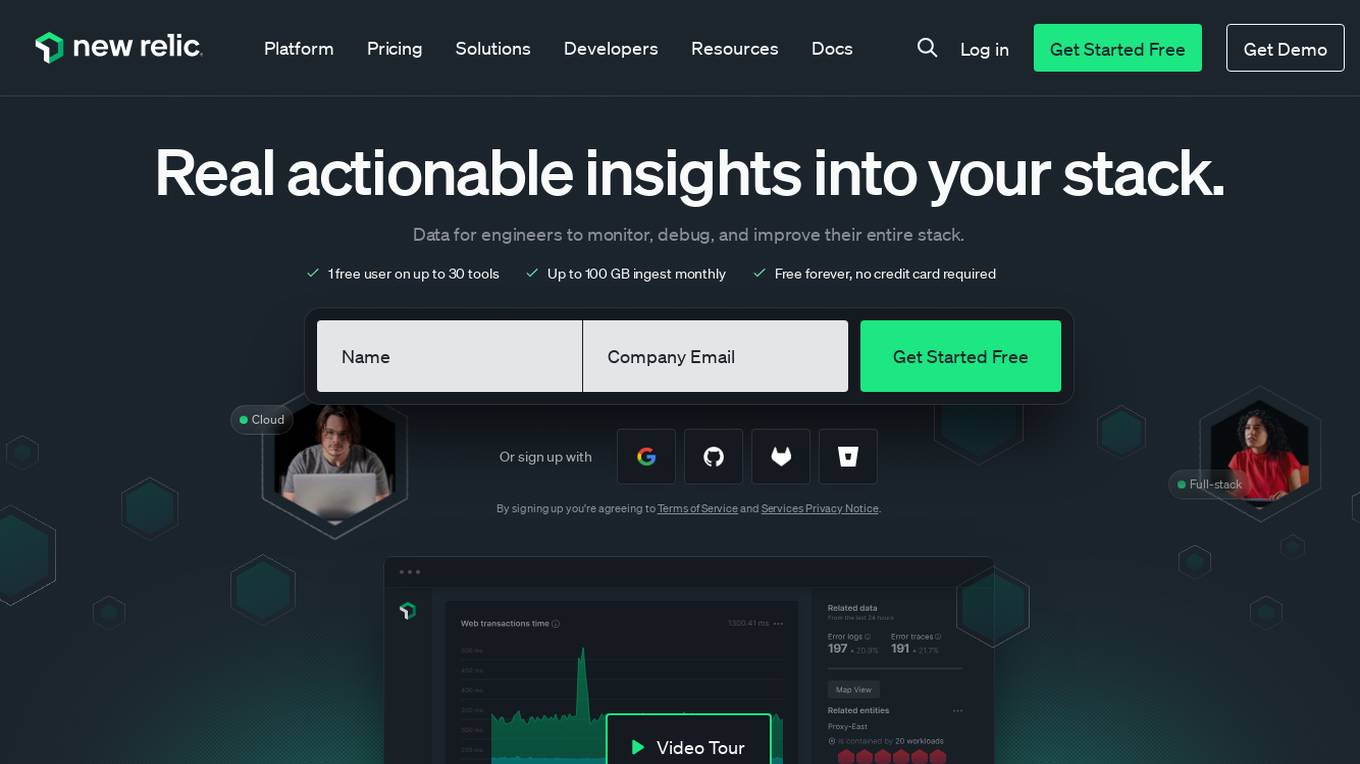
New Relic
New Relic is an AI monitoring platform that offers an all-in-one observability solution for monitoring, debugging, and improving the entire technology stack. With over 30 capabilities and 750+ integrations, New Relic provides the power of AI to help users gain insights and optimize performance across various aspects of their infrastructure, applications, and digital experiences.
1 - Open Source Tools
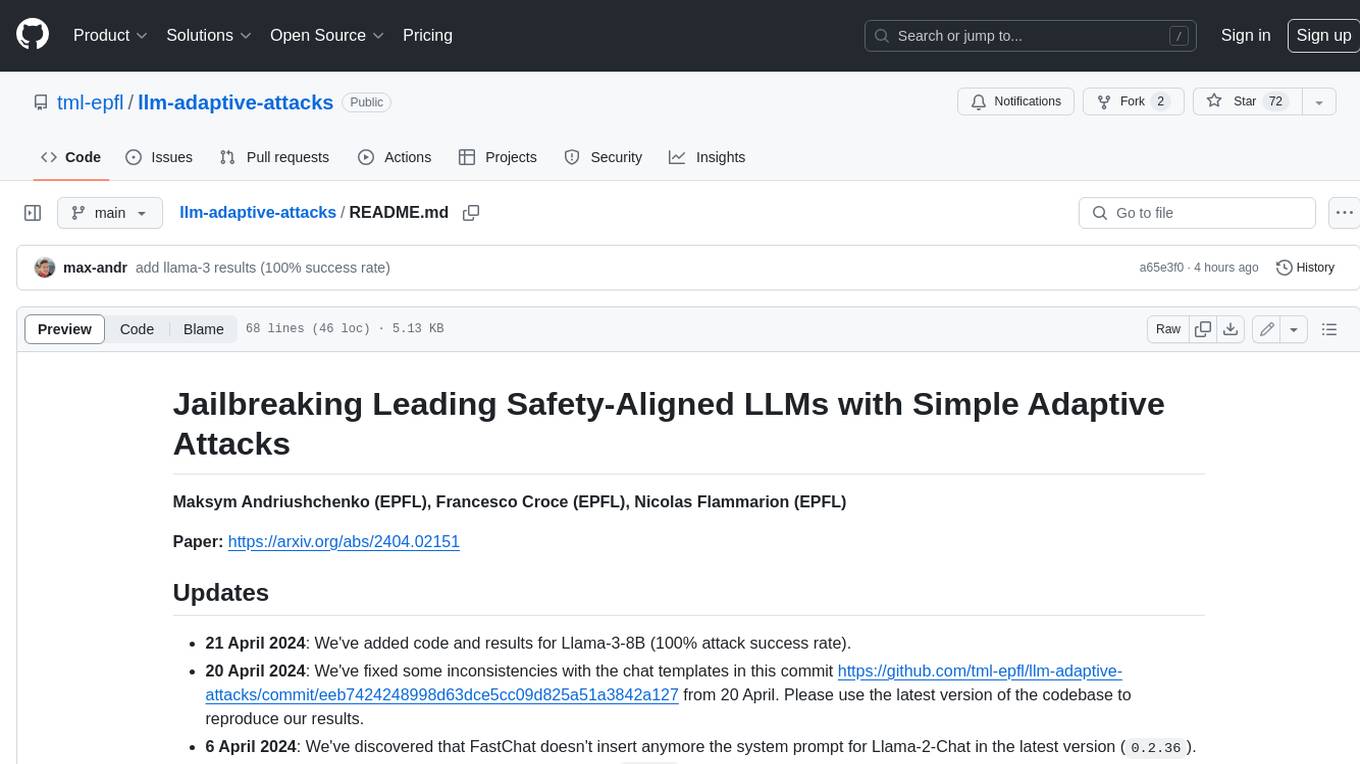
llm-adaptive-attacks
This repository contains code and results for jailbreaking leading safety-aligned LLMs with simple adaptive attacks. We show that even the most recent safety-aligned LLMs are not robust to simple adaptive jailbreaking attacks. We demonstrate how to successfully leverage access to logprobs for jailbreaking: we initially design an adversarial prompt template (sometimes adapted to the target LLM), and then we apply random search on a suffix to maximize the target logprob (e.g., of the token ``Sure''), potentially with multiple restarts. In this way, we achieve nearly 100% attack success rate---according to GPT-4 as a judge---on GPT-3.5/4, Llama-2-Chat-7B/13B/70B, Gemma-7B, and R2D2 from HarmBench that was adversarially trained against the GCG attack. We also show how to jailbreak all Claude models---that do not expose logprobs---via either a transfer or prefilling attack with 100% success rate. In addition, we show how to use random search on a restricted set of tokens for finding trojan strings in poisoned models---a task that shares many similarities with jailbreaking---which is the algorithm that brought us the first place in the SaTML'24 Trojan Detection Competition. The common theme behind these attacks is that adaptivity is crucial: different models are vulnerable to different prompting templates (e.g., R2D2 is very sensitive to in-context learning prompts), some models have unique vulnerabilities based on their APIs (e.g., prefilling for Claude), and in some settings it is crucial to restrict the token search space based on prior knowledge (e.g., for trojan detection).
20 - OpenAI Gpts

Goods Guru
"Goods Guru" represents a fusion of AI technology and in text and visual content creation, aimed at boosting online sales and improving the digital footprint of e-commerce businesses.
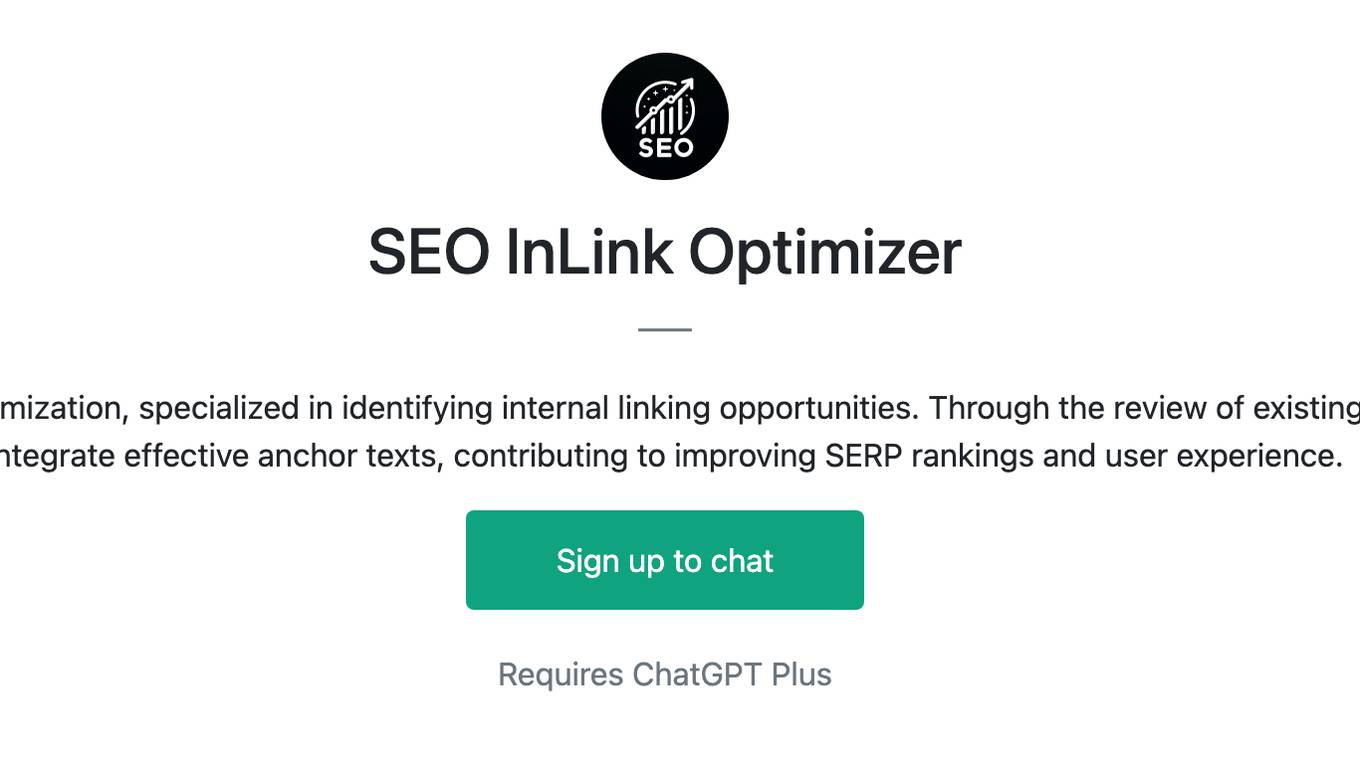
SEO InLink Optimizer
GPT created by Max Del Rosso for SEO optimization, specialized in identifying internal linking opportunities. Through the review of existing content, it suggests targeted changes to integrate effective anchor texts, contributing to improving SERP rankings and user experience.
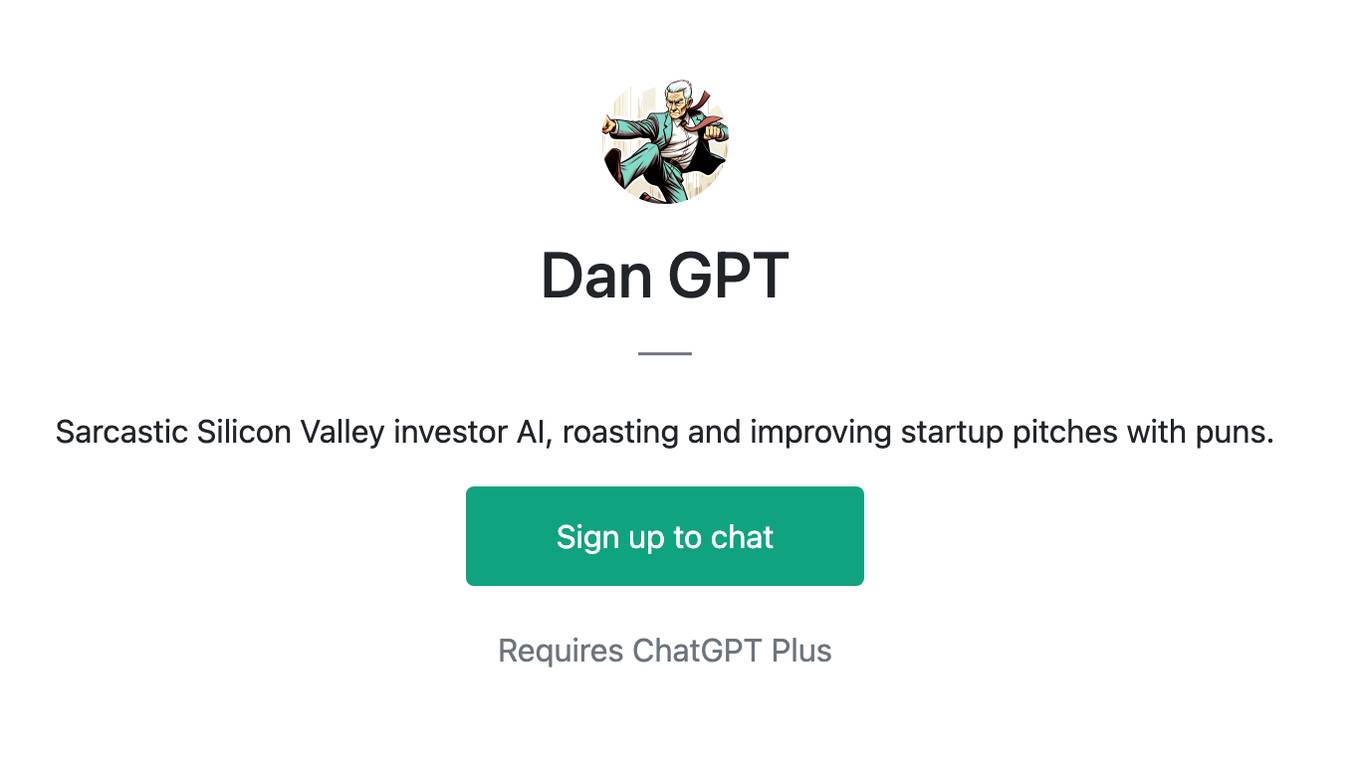
Dan GPT
Sarcastic Silicon Valley investor AI, roasting and improving startup pitches with puns.

Face Rating GPT 😐
Evaluates faces and rates them out of 10 ⭐ Provides valuable feedback to improving your attractiveness!
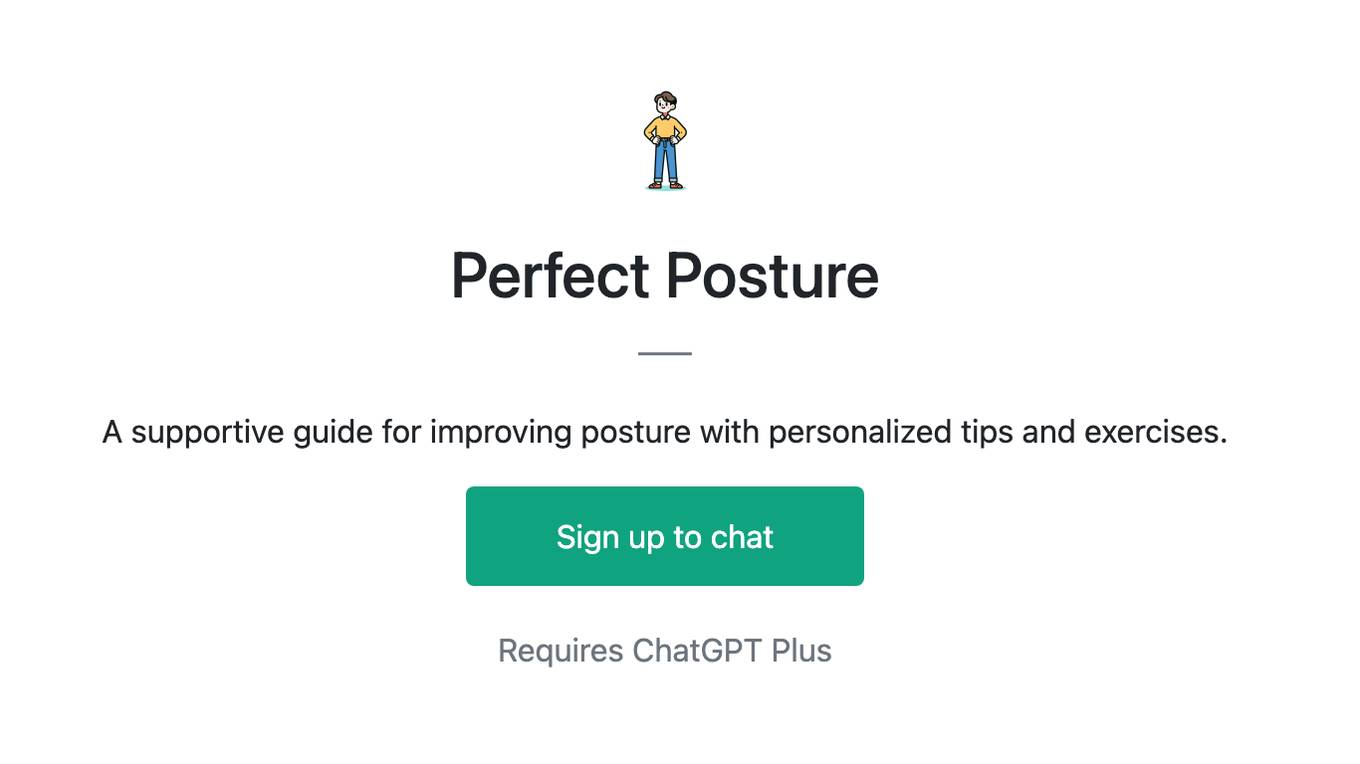
Perfect Posture
A supportive guide for improving posture with personalized tips and exercises.
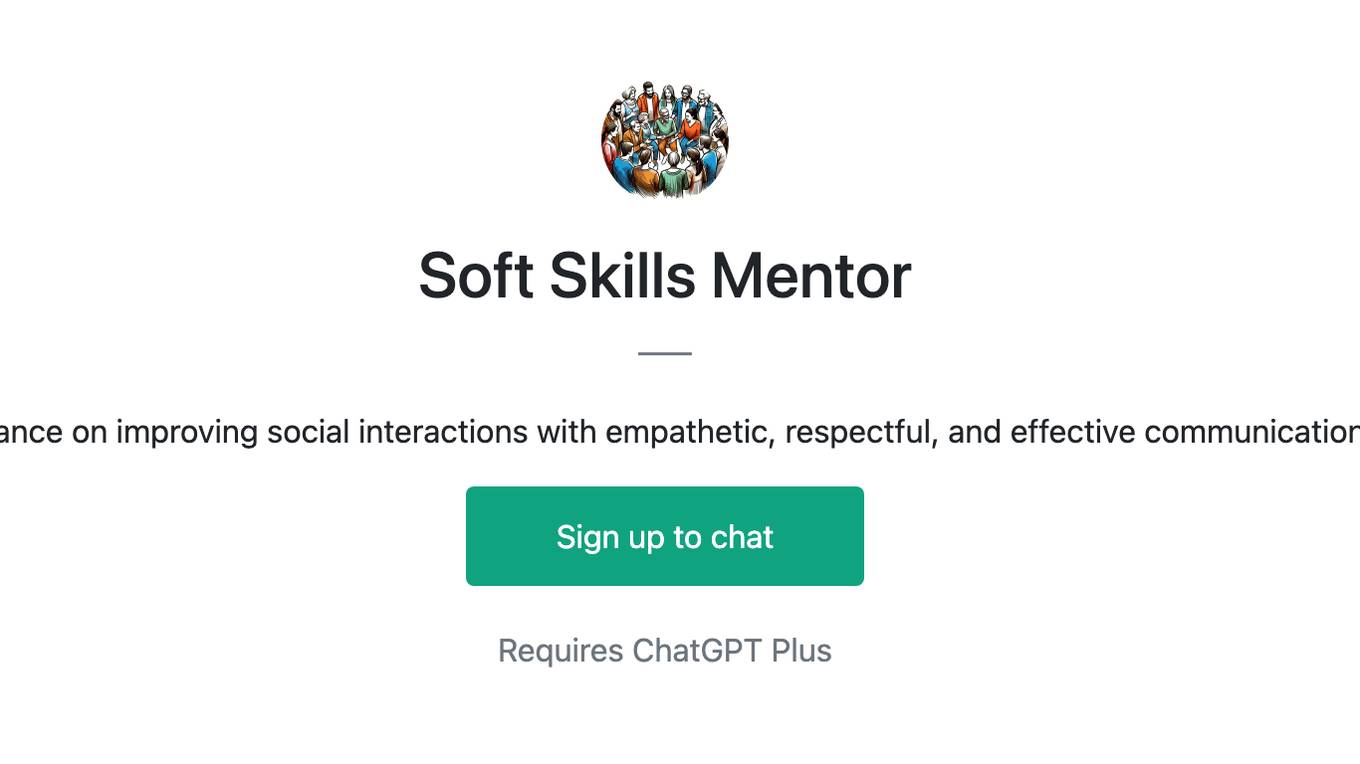
Soft Skills Mentor
Offering guidance on improving social interactions with empathetic, respectful, and effective communication strategies.
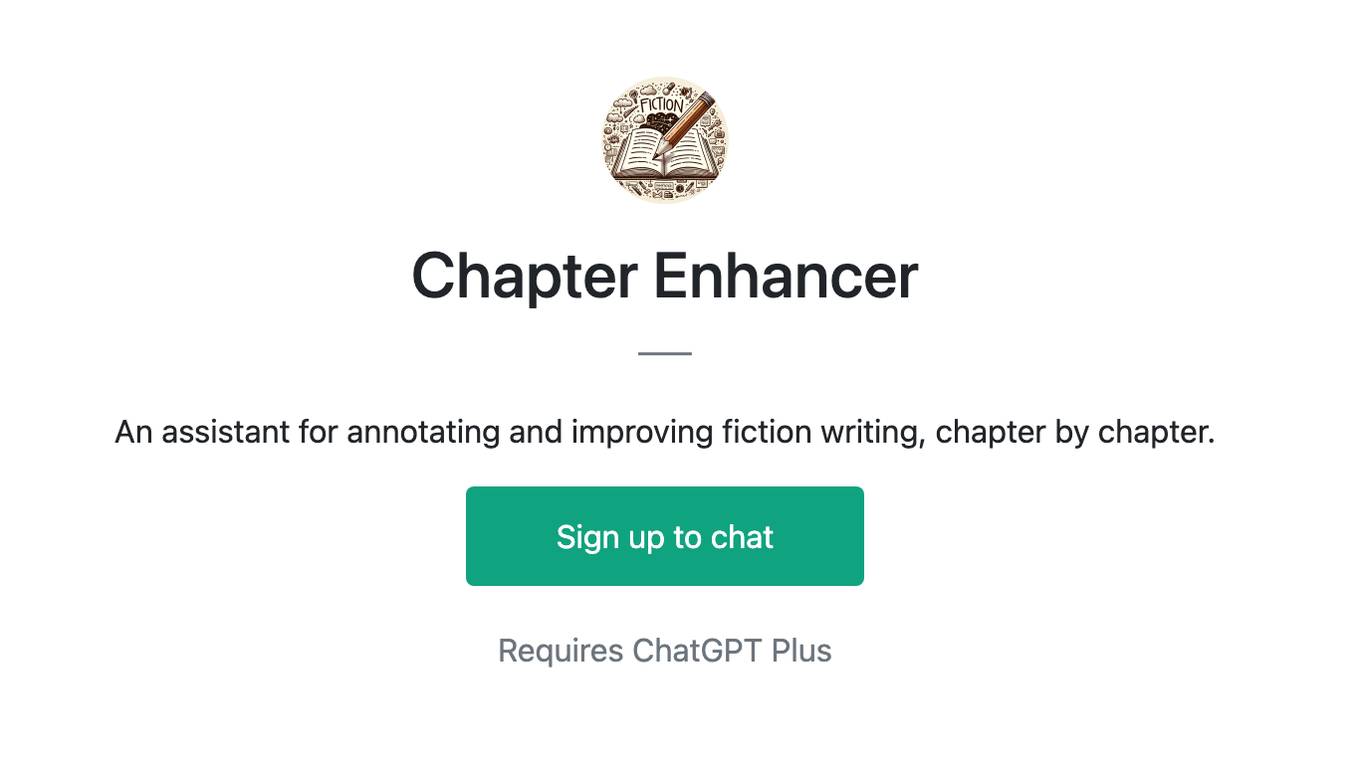
Chapter Enhancer
An assistant for annotating and improving fiction writing, chapter by chapter.
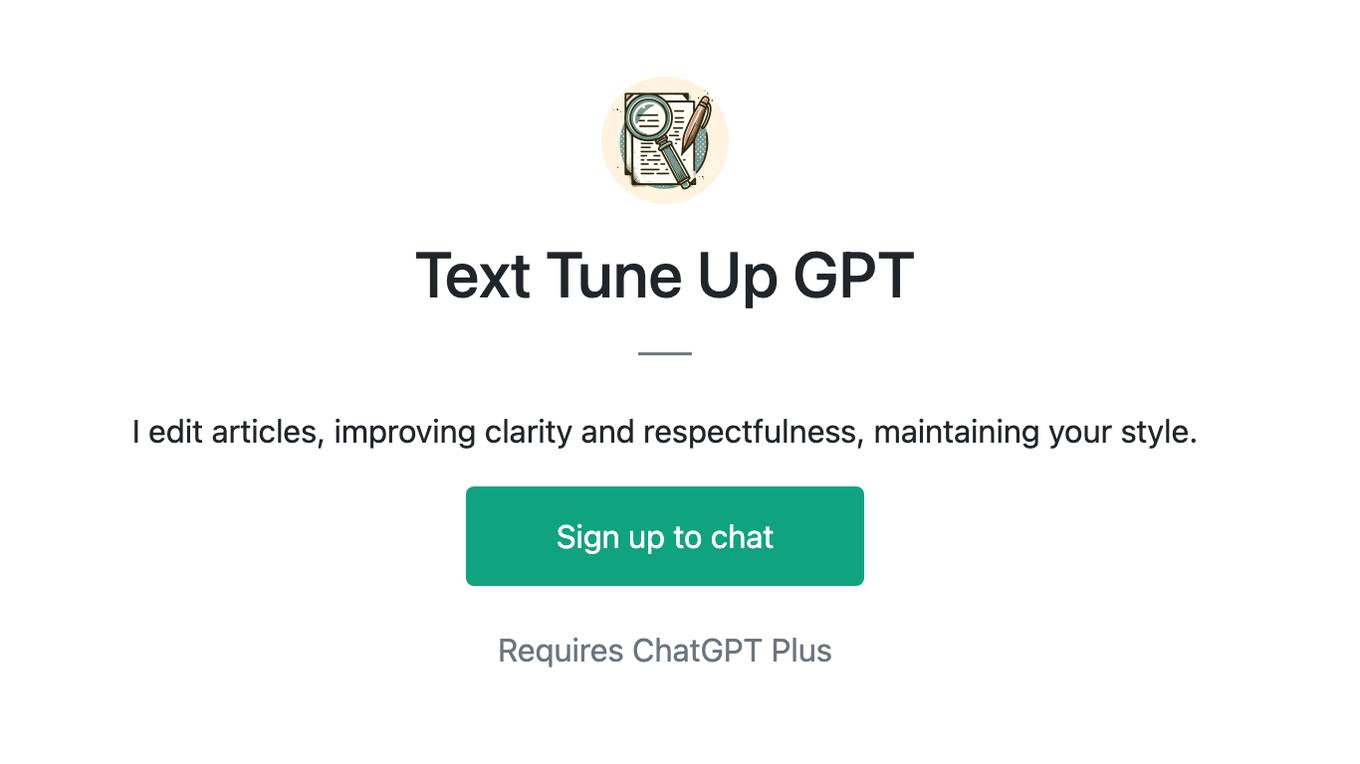
Text Tune Up GPT
I edit articles, improving clarity and respectfulness, maintaining your style.
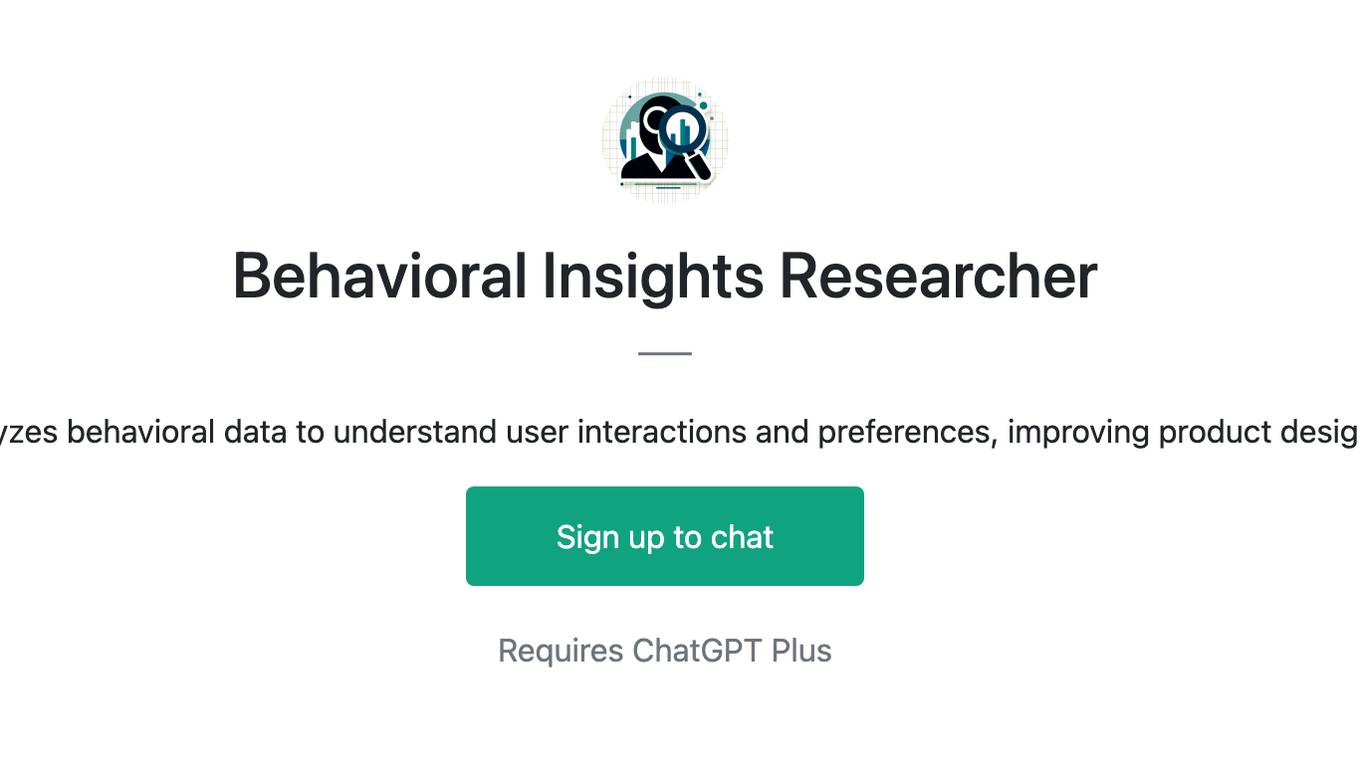
Behavioral Insights Researcher
Analyzes behavioral data to understand user interactions and preferences, improving product designs.
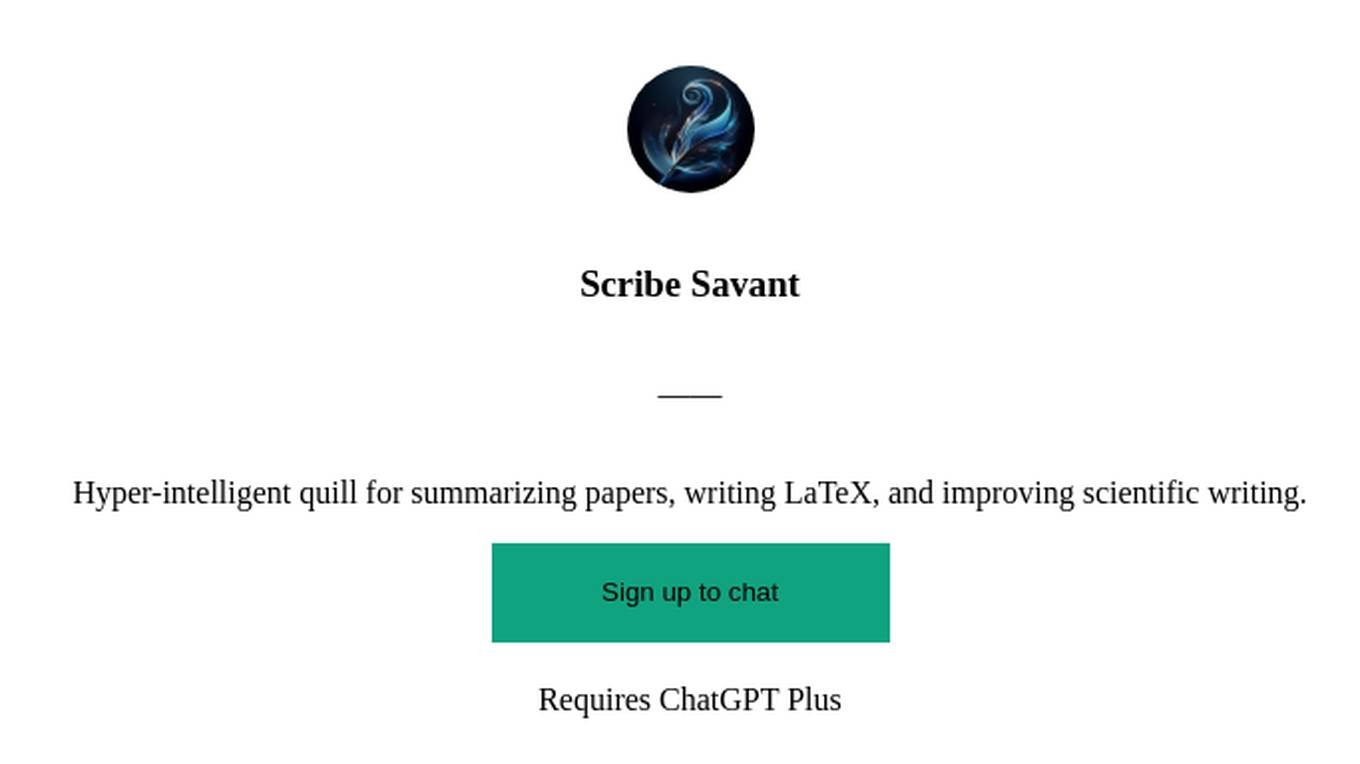
Scribe Savant
Hyper-intelligent quill for summarizing papers, writing LaTeX, and improving scientific writing.
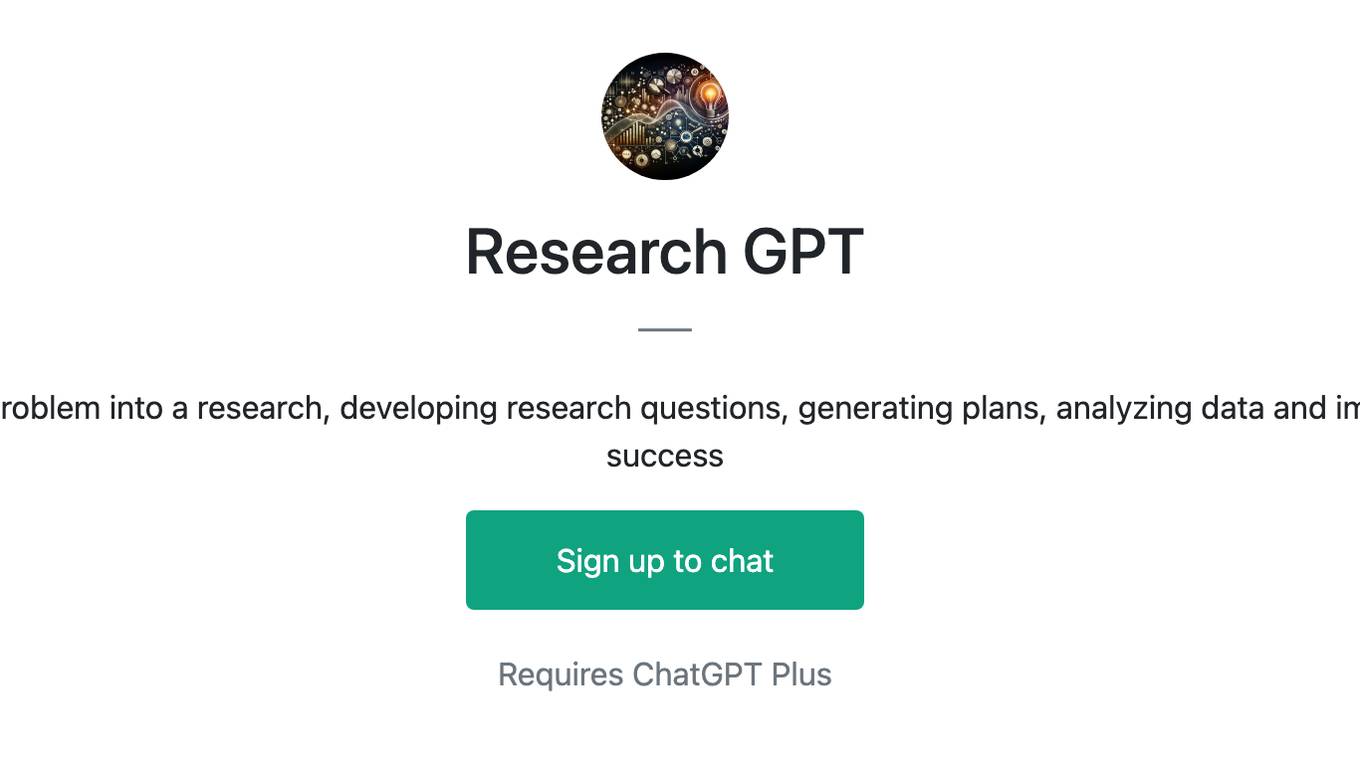
Research GPT
Your AI research assistant, for turning a problem into a research, developing research questions, generating plans, analyzing data and improving research workflows for project success
